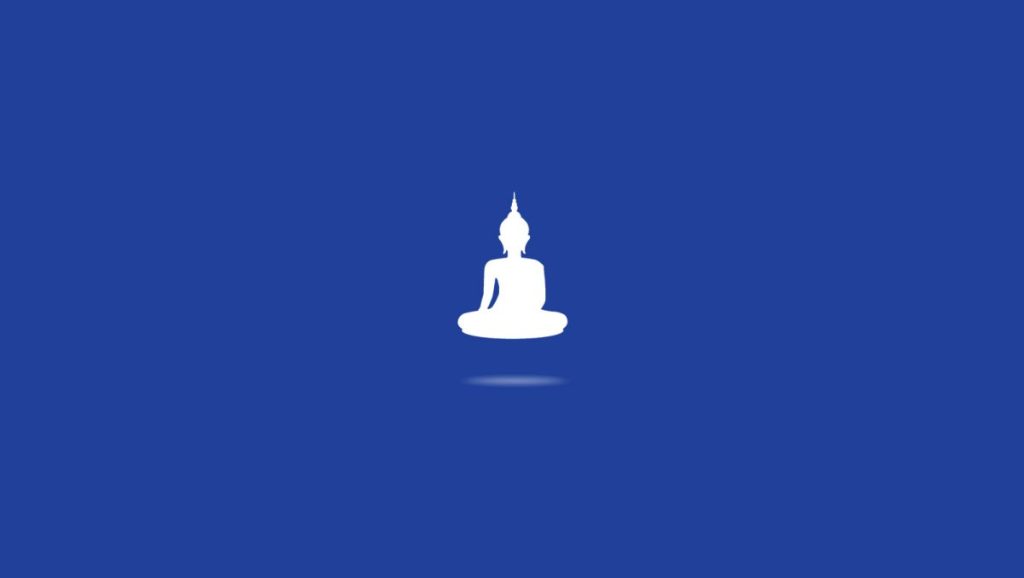A bodhisattva is an ordinary person who takes up a course in his or her life that moves in the direction of Buddha. You and I, actually, anyone who directs their attention, their life, to practicing the way of life of a Buddha is a bodhisattva.
Most people live by their desires or karma. That’s what the expression “gossho no bompu” means. Gossho are the obstructions to practicing the Way caused by our evil actions in the past. Bompu simply means ordinary human being—that is, one who lives by karma. Our actions are dictated by our karma: We are born into this world with our desires and may live our lives just by reacting or responding to them. In contrast is gansho no bosatsu, or a bodhisattva who lives by vow.
The life that flows through each of us and through everything around us is actually all connected. To say that, of course, means that who I really am cannot be separated from all the things that surround me. Or, to put it another way, all sentient beings have their existence and live within my life. So needless to say, that includes even the fate of all mankind—that, too, lies within me. Therefore, just how mankind might truly live out its life becomes what I aim at as my direction. This aiming or living while moving in a certain direction is what is meant by vow.
In other words, it is the motivation for living that is different for a bodhisattva. Ordinary people live thinking only about their own personal, narrow circumstances connected with their desires. In contrast to that, a bodhisattva, though undeniably still an ordinary human being like everyone else, lives by vow. Because of that, the significance of his or her life is not the same. For us as bodhisattvas, all aspects of life, including the fate of humanity itself, live within us. It is with this in mind that we work to discover and manifest the most vital and alive posture that we can take in living out our life.
It’s not enough for a bodhisattva of the Mahayana to just uphold the precepts. There are times when you have to break them, too. It’s just that when you do, you have to do so with the resolve of also being willing to accept whatever consequences might follow. That’s what issai shujo to tomo ni (“together with all sentient beings”—regardless of what hell one might fall into) really means.
It’s not enough just to know the definition of bodhisattva. What’s much more important is to study the actions of a bodhisattva and then to behave like one yourself.
Regarding the question “What is a bodhisattva?” you could also define a bodhisattva as one who acts as a true adult. That is, most people in the world act like children. The word dainin means “true adult” or “bodhisattva.” Today most people who are called adults are only pseudoadults. Physically they grow up and become adult but spiritually too many people never mature to adulthood. They don’t behave as adults in their daily lives. A bodhisattva is one who sees the world through adult eyes and whose actions are the actions of a true adult. That is really what a bodhisattva is.
[This story was first published in 2016.]
Thank you for subscribing to Tricycle! As a nonprofit, we depend on readers like you to keep Buddhist teachings and practices widely available.
